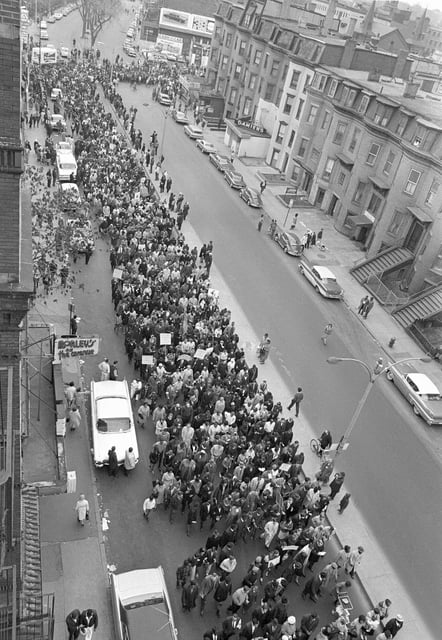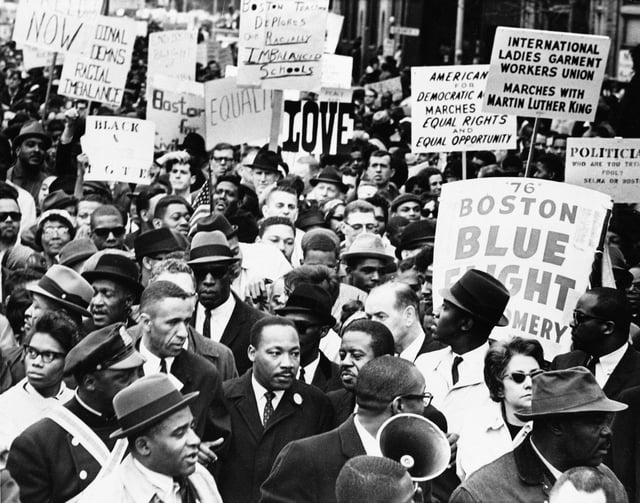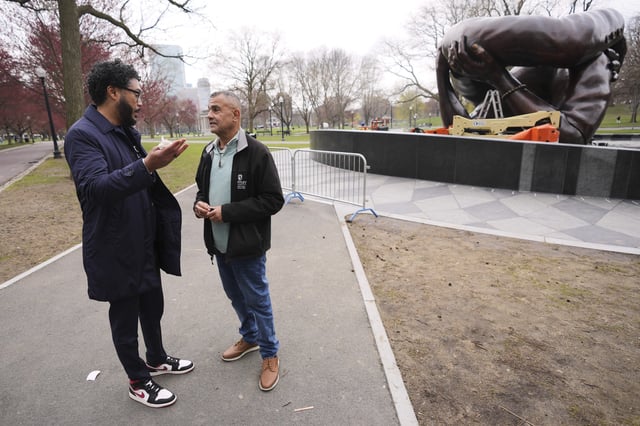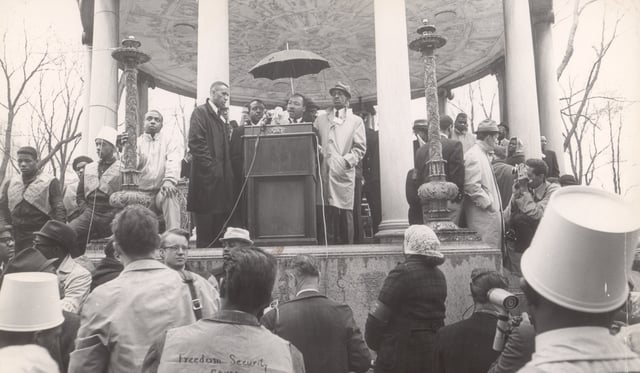Overview
- The 60th anniversary march begins at Trinity Church in Copley Square and concludes with a rally at the Parkman Bandstand on Boston Common, featuring speeches by Martin Luther King III, Mayor Michelle Wu, and Representative Ayanna Pressley.
- Organizers, led by Embrace Boston, are collaborating with city and state police, private security, and immigration advocates to ensure a nonviolent and inclusive event.
- The rally underscores concerns about the Trump administration's rollback of diversity, equity, and inclusion (DEI) initiatives, including bans on federal DEI programs and funding cuts to institutions like Boston’s Museum of African American History
- Speakers and participants are drawing parallels between the 1965 Freedom Rally’s fight against housing and education inequality and today’s challenges, including affordable housing, systemic barriers, and anti-immigrant policies.
- Martin Luther King III emphasized the need to preserve diverse perspectives and warned against societal division, urging collective responsibility to address ongoing inequities.



